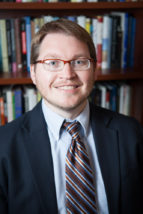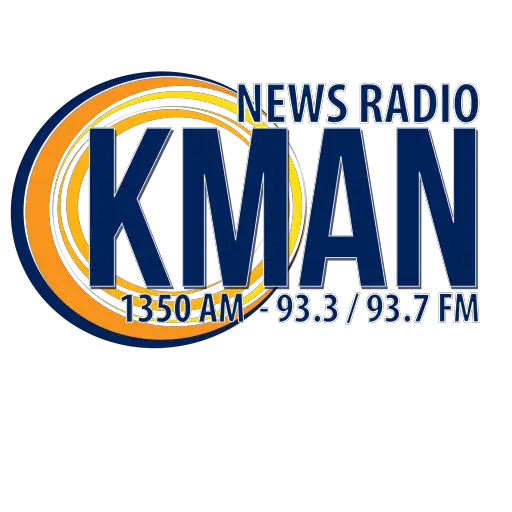The 2016 presidential election has reached unprecedented levels of incivility, according to an ongoing collaborative research project that involves Kansas State University researchers and students.
The project — a partnership between Kansas State University’s Institute for Civic Discourse and Democracy and the National Institute for Civil Discourse — focuses on civility in the presidential and vice presidential debates. Results based on student surveys after the first three debates have shown that 2016 candidates are engaging in behavior that violates civil behavior and the traditional rules of engagement.

The Kansas State University student participants will fill out the final presidential debate survey during a watch party at 8 p.m. on Wednesday, Oct. 19, in 127 Leadership Studies Building.
“The 2016 election cycle has highlighted the increased sense of fracturing in society,” said Timothy Shaffer, assistant director of the Institute for Civic Discourse and Democracy and assistant professor of communication studies. “Robust and vigorous disagreement is the heart of democracy, but norms that have shaped debates and other presidential campaigns have been widely disregarded.”
Shaffer is leading the research project with Robert Boatright, research director for the National Institute for Civil Discourse. The project involves surveys of about 100 students from Kansas State University, Clark University and Assumption College. About 50 of those survey respondents are Kansas State University students. Shaffer also is incorporating the project into his communication studies class on small group discussion methods.
“Our class discusses the issue of civility and how we can engage in discourse that is not damaging or hurtful, but is more productive,” Shaffer said. “For us to have any kind of functional government and shared life — both formal and in our communities — we need to know how to engage with people who have different views and positions, which is totally fine and appropriate. We may see things differently, but can we find some common ground?”
After the each of the debates — the Sept. 26 presidential debate, the Oct. 4 vice presidential debate and the Oct. 9 presidential debate — the student respondents filled out detailed questionnaires. The surveys identify uncivil behavior — such as direct insults, interruptions or refusal to answer a question — and civil behavior — such as taking responsibility for past errors and denouncing uncivil acts.
Some survey results so far:
• The 2008 and 2012 debates had far fewer insults than the 2016 debates, which also have involved different types of insults. The 2016 candidates have accused their opponents of being liars and questioned their intelligence and character.
• The volume of interruptions in the 2016 debates has exceeded the norm for presidential debates.
• Other examples of unprecedented uncivil behavior in the 2016 debates include intimidation by invading the other candidate’s physical space; calling each other names; and threatening to throw one’s opponent in jail.
• Both vice presidential candidates fell short on civility as well.
• In the second presidential debate, moderators did their best to enforce the rules of engagement and hold candidates accountable.
“Entrenchment does little to solve our collective challenges and, in this election cycle, seems only to fill our echo chambers,” Shaffer said. “Civil and deliberative discourse opens up the possibility that we look beyond our ‘blue’ or ‘red’ news feeds on Facebook or the talking points from our preferred media outlets. If we can’t talk with one another, how can we live with one another?”
The Oct. 19 watch party is sponsored by the Institute for Civic Discourse and Democracy, the department of communication studies, HandsOn Kansas State and the Staley School of Leadership Studies.
The mission of the National Institute for Civil Discourse is to decrease incivility and political dysfunction in the U.S. The project, which began before the 2016 presidential nominees were chosen, is part of the institute’s Revive Civility campaign. The researchers also have developed the National Institute for Civil Discourse debate standards.
KMAN’s Cathy Dawes had a chance to visit with Shaffer Tuesday morning. His full interview can be heard below:

